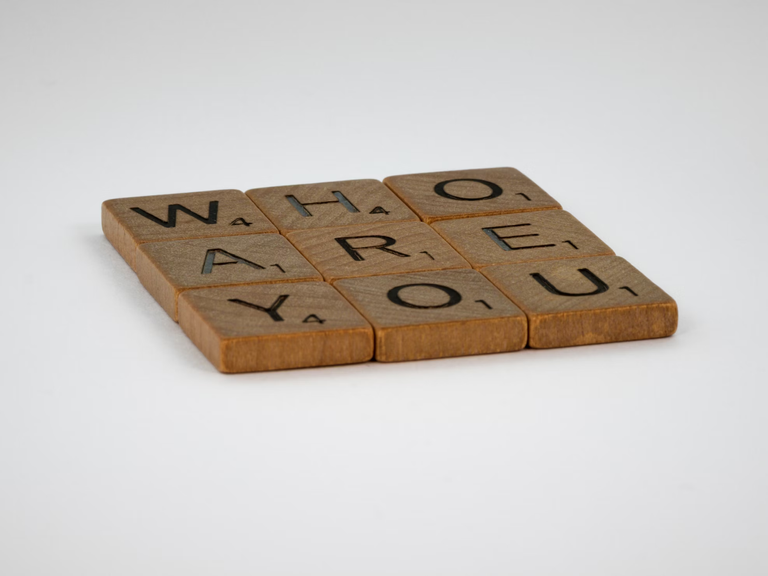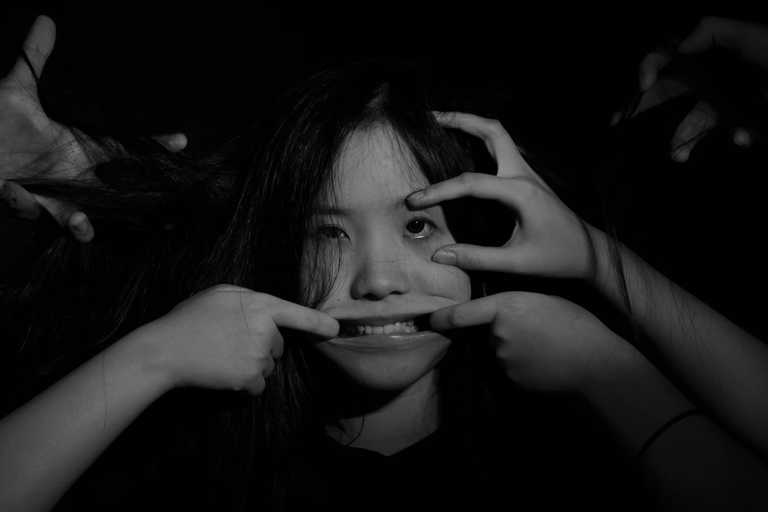
Source
I've long observed the firstborn in our family and I have tried to compare him to other firstborns to see if all the features that have been outlined in my catalogue of studied literature and in conversations are true.
I've written about this topic in the past too back when I was fresh out of university and I was exploring fields in medicine that I would like to study , I stumbled across what was written about first borns and last borns. If you check that link you can read some of the old ideas I threw out.
To summarize the post, I looked at the work of American psychologist Frank J. Sulloway who analysed the effects of birth order and personality. In my post, I highlighted all the ways that birth order can affect personality as it relates to resource allocation among siblings.
According to that post, I wrote about 3 years ago, firstborns tend to be more conscientious, traditional and close-minded when compared to the more artistic, liberal and open-minded last born. I have to point out my biases while writing this post, it seems I was describing the first and last born in my family.
In this post, I want to focus on the firstborn's personality utilizing not just Sulloway's study but any other that has a large number of citations on the topic. I also want to see the mental health challenges that are more common in this group when compared to others. The reason I am doing this is that in the discussion, I usually find commonalities in firstborns in different families that seem less like coincidence and more like factual data to confirm.
Certain pathologies are associated with this. You will come out of this post knowing what is being said overall about this topic and what I think can help those who might be affected by this.
I don't stand on any academic authority so let me know when I'm going off and when I'm threading on the secret ground. Leave your comments, and suggestions and share the post with those you think might be interested.
Personalities and Psychopathology
The World Psychiatry Association in 2011 outlined 3 ways that personalities can relate to psychopathology.
- Both the personality and the psychopathology lead to a separate entity in a relationship known as a pathoplastic relationship
- Both the personality trait and the psychopathology could have similar origins.
- Either of them could also be responsible for the other.
From my understanding, one very clear relationship between personality and psychopathology is seen among those who are neurotic and those who have anxiety and depression.
By the second outlined method of developing psychopathology, a person with low self-esteem can be Neurotic and eventually develop Major depression or anxiety. Neuroticism leads to a higher likelihood of stress which then predisposes its sufferer to psychopathology.
The Personalities

Source
The most cited psychologist on the topic of personality and birth order is Christopher F. Chabris. In his analysis of the topic, he found no relationship between the 5 commonly discussed personality traits and birth order. The only significant finding in his study was that children higher up in birth order tend to be more intelligent though this relationship is minimal.
This study was a meta-analysis of several studies including 15,000 specimens from 3 countries where this had been studied in the past.
In most large studies as quoted by Tyrone Jefferson Jr., there was mostly no relationship between personality traits and most studies except for 1 done with peer rating.
To keep it simple, there is no real relationship between temperament and birth order and every relationship you think you see is probably biased.
I could easily paraphrase all that Judith Rich Harris' a developmental psychologist who wrote at length about the flaws in Sulloway's book Born To Rebel (BTR) but you could simply do the reading yourself.
As Outlined by the BTR firstborns are more conservative (closed-minded) and conscientious. This is more of the opposite when looking at latter-borns.
Inference
There is no standard way of being raised as a firstborn, while some could argue (like Sulloway did) that having a monopoly on the family resources and spending the most time with parents affects the temperament of the firstborn, there are no standard ways for parents to spend their time.
In another way of saying it, there are no standard parents. Parents and firstborns are just people and tend to do what people do.
Cross-culturally, people also behave differently and I would argue that culture possesses a stronger effect on personality than one's birth order. In more liberal societies the effects of the zeitgeist have a stronger effect than the home's economy and knowledge of parenting.
It seems to be that some parents are "better" parents than others but I would argue that most parents are trying to figure it out.
In an episode of Middle Ground by Jubilee on YouTube, we watched as a small group of parents tried to explain their reasons for strict parenting and free-range parenting. One issue that all the parents could agree on was that spanking children is bad except for one Christian father who stepped up to explain himself.
It would be a different picture if that were from the Nigerian YouTube page cruise (the Jubilee-like Nigerian channel).
This is probably why when I'm in discussions with other Nigerians about the personality of the firstborn in Nigeria, I generally meet people who believe in Sulloway's standards for Nigerian firstborn behaviour of being close-minded and traditional.
But what could this lead to?
By my estimation, nothing particularly good especially if it's a strict adherence. This Cambridge paper shows all the ways that adhering to tradition can be either pathoplastic,pathofacillitative, pathoelaborating or photoreactive.
Final Words
If there is a traditional closed-minded pathway in African or Nigerian firstborns (or just the ones I have around me) it's a spell that can be destructive and will not lead to anything good.
I don't think there is anything wrong with being traditional, what I think however is that, if you are traditional mixed with being heavily closed minded that can be a problem.
There is a strong relationship between certain masculine norms and depression. The same can be said about feminine norms too.
I encourage people to be the best versions of themselves and if that best version includes some good masculine traits or feminine traits...then let it be. After all, those are all the gender-specific behaviours we have you might as well take the best in all of them.
Get out there, do your thing and don't let anybody stop you! Peace.
References
- Birth Order and Personality Informed Decision
- NCBI-Personality and psychopathology
- PNAS-Examining the effects of birth order on personality
- Science Direct- Associations between Birth Order and Personality Traits: Evidence from Self-Reports and Observer Ratings
- The Mystery of Born to Rebel:
Sulloway's Re-Analysis of Old Birth Order Data - Cambridge-Culture and psychopathology: general view
- NCBI-Dimensions of Masculine Norms, Depression, and Mental Health Service Utilization: Results From a Prospective Cohort Study Among Emerging Adult Men in the United States
- NCBI-GENDER ROLE AND PERSONALITY DISORDERS


Thanks for your contribution to the STEMsocial community. Feel free to join us on discord to get to know the rest of us!
Please consider delegating to the @stemsocial account (85% of the curation rewards are returned).
You may also include @stemsocial as a beneficiary of the rewards of this post to get a stronger support.
Great post! I appreciate how you balanced the positive traits like leadership and responsibility with the challenges such as pressure and anxiety. Keep up the excellent writing!
Thank you, I am glad you had a takeaway from the message. I wrote a new post about the role of plumbers in public health. I think you'll like that one also.
Check it out here